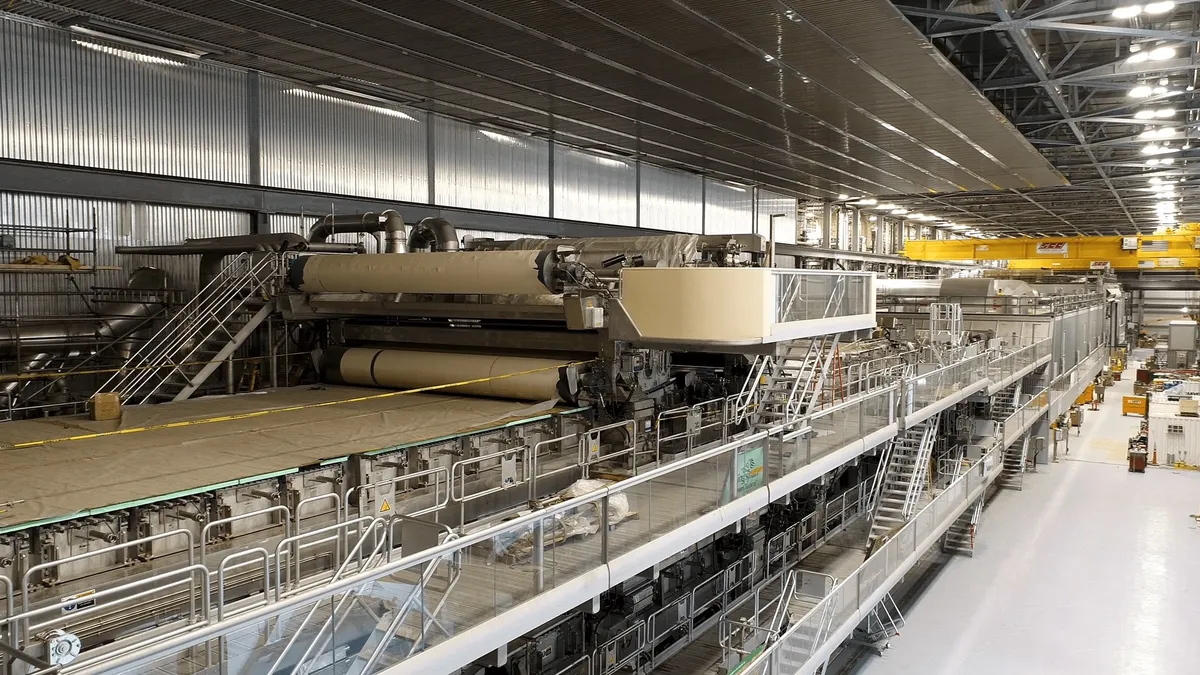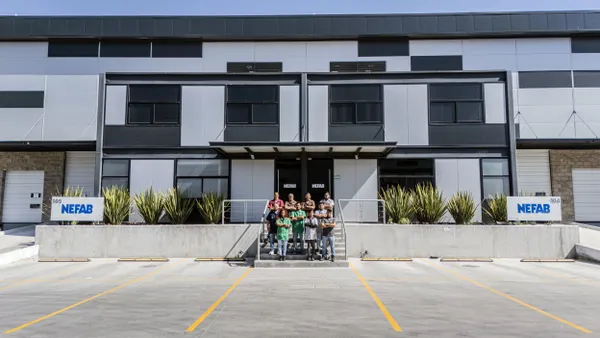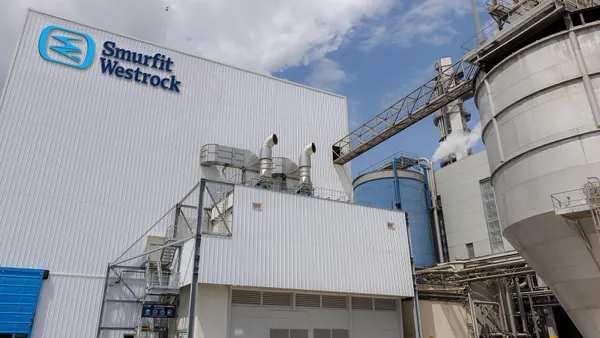A federal lawsuit filed last week alleges that Graphic Packaging International and officials at multiple levels of government harmed residents of a Kalamazoo, Michigan, community due to the release of what it calls toxic gas from the GPI plant and the neighboring municipal wastewater treatment plant.
Nearly four dozen plaintiffs brought the class-action suit on behalf of approximately 8,000 people who are said to have suffered injuries “as a consequence of an on-going conspiracy operating within a habitual custom of racial animus established by the Federal government of the United States of America,” according to the complaint.
Residents take issue with odors emitted by the wastewater treatment plant and GPI’s Kalamazoo paperboard mill, which they say cause health issues such as asthma. They seek up to $600 million in damages and $800,000 in attorney fees and are calling for an injunction to shut the mill down or decrease production “to levels guaranteed to ensure the public’s health.”
Earlier this year, the Michigan Department of Health and Human Services released the results of a health consultation performed near the GPI facility and the adjacent Kalamazoo Water Reclamation Plant in response to resident complaints. It indicated the sources of the odors are hydrogen sulfide and other volatile organic compounds and that exposure to these gas levels could cause “temporary health effects,” including nausea and an “increased risk of nasal irritation, such as discomfort or inflammation, in addition to odors causing temporary health effects like headaches.” MDHHS recommended ongoing air sample monitoring.
After the study’s release, GPI published a blog post addressing the results and its work to assuage community concerns. GPI will not comment on the pending litigation, but a spokesperson pointed to the company’s ongoing odor mitigation efforts, including the installation of monitoring technologies and updating water treatment processes to better manage odors. It will also complete the installation of a scrubber, which will remove hydrogen sulfide from wastewater, by the end of this year.
“We care deeply about the community and have been committed to improving air quality in Kalamazoo for more than a decade. We have invested millions of dollars in facility improvements and equipment upgrades that have significantly reduced H2S emissions, and we will continue to build on those enhancements alongside city leaders and state and federal regulators to promote the health and well-being of our neighbors,” the spokesperson said. “While there is still work to be done to fully address the community’s concerns, we are operating well within the levels set by the state of Michigan to protect public health.”
GPI purchased the site in 1999 and expanded operations. It recently completed the installation of new paperboard production machinery, which it calls K2, and upgrades across its Kalamazoo campus.
The municipal wastewater facility operators also have touted their work to eliminate the odors. Officials plan to replace an underground pipeline connecting the plant to the GPI facility, which will reroute effluent and is expected to reduce hydrogen sulfide levels in surrounding neighborhoods.
The Michigan Department of Environment, Great Lakes, and Energy — which also won’t comment on pending litigation and whose acting director is named in the lawsuit — has worked with GPI for about a decade on inspections, investigations, compliance and enforcement at the site. In February, EGLE and GPI agreed to a consent order that lays out a compliance plan, which includes the scrubber installation and a settlement of more than $109,000 that includes costs for investigation and enforcement.
The lawsuit alleges that the defendants violated Kalamazoo residents’ constitutional rights as well as the Clean Air Act and Michigan’s Natural Resources and Environmental Protection Act. Dozens of pages in the document detail what plaintiffs say is a history of systemic racism and redlining that exposed residents of a largely low-income and mostly Black neighborhood to pollution.
“The Plaintiffs assert that these violations of their unalienable constitutional rights were caused by the Defendants’ repugnant, deliberate misconduct, neglect of duty, and indifference to definite injuries of Black American citizens,” the complaint says.
The filing names a slew of defendants besides GPI, including (but not limited to) the United States of America; the state of Michigan; the city of Kalamazoo; Mayor David Anderson; Michigan Gov. Gretchen Whitmer; Michigan Department of Environment, Great Lakes, and Energy Acting Director Aaron Keatley; U.S. EPA Region 5 Director Debra Shore; GPI employees; and “any unknown, yet to be determined persons or entities.”













